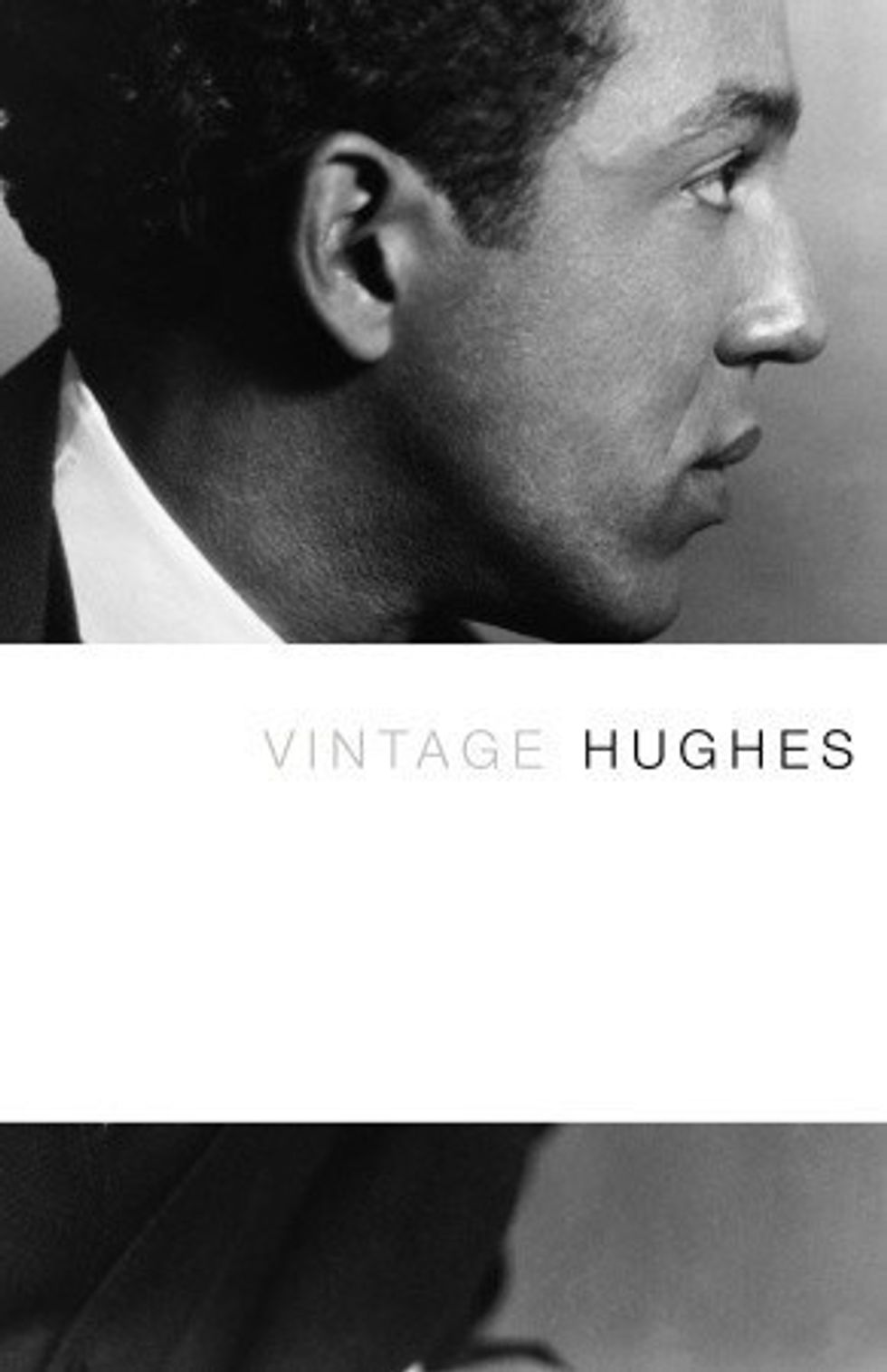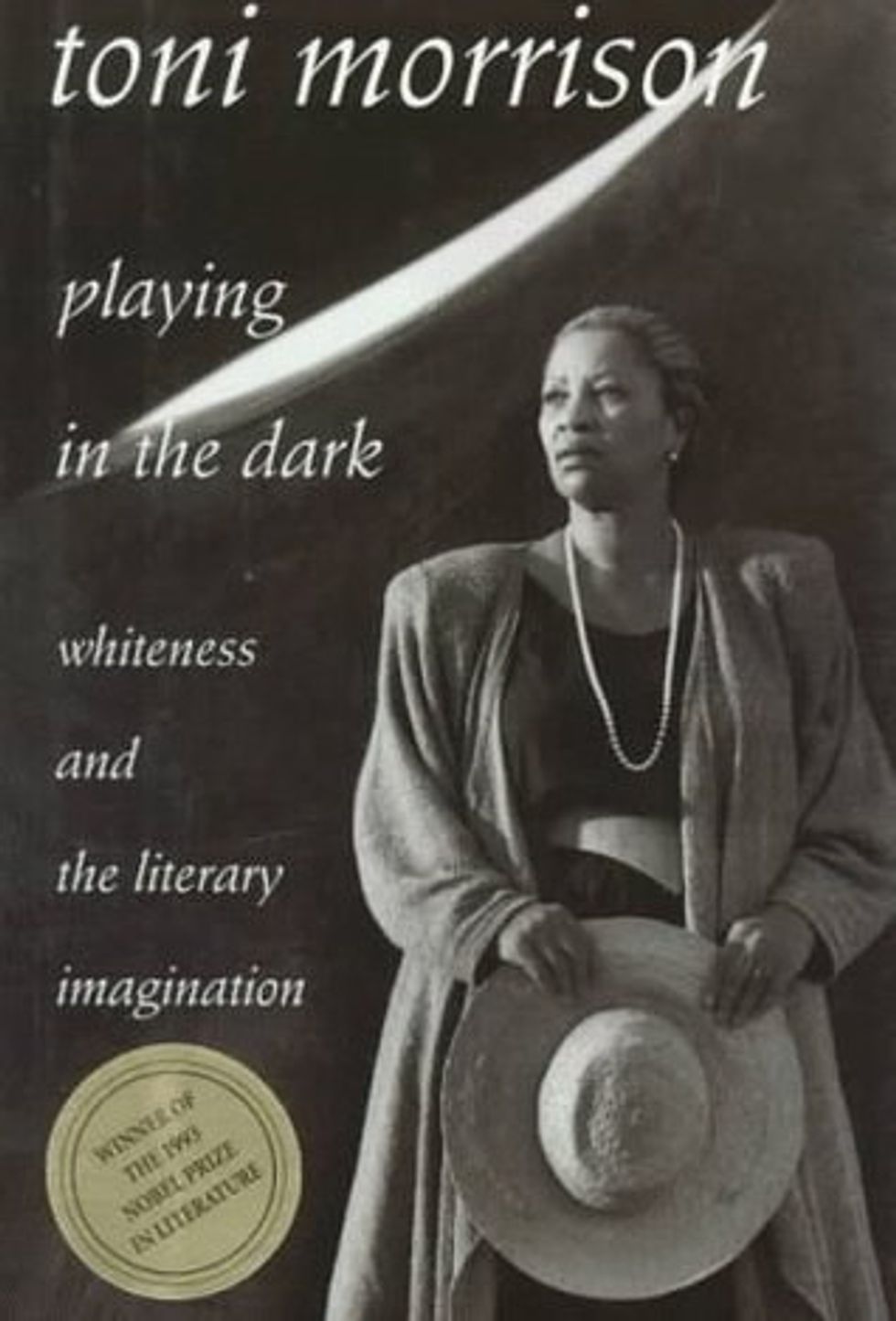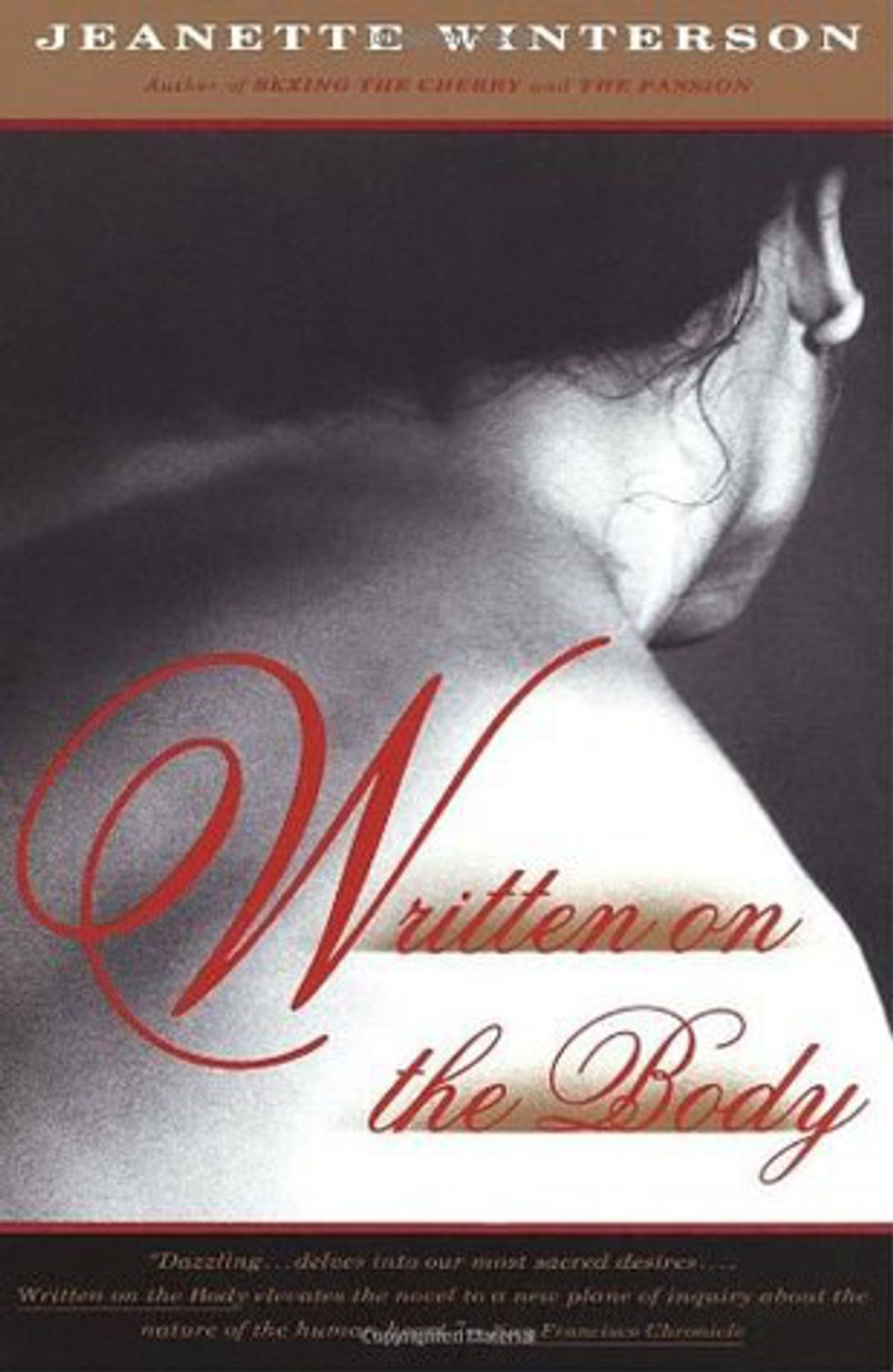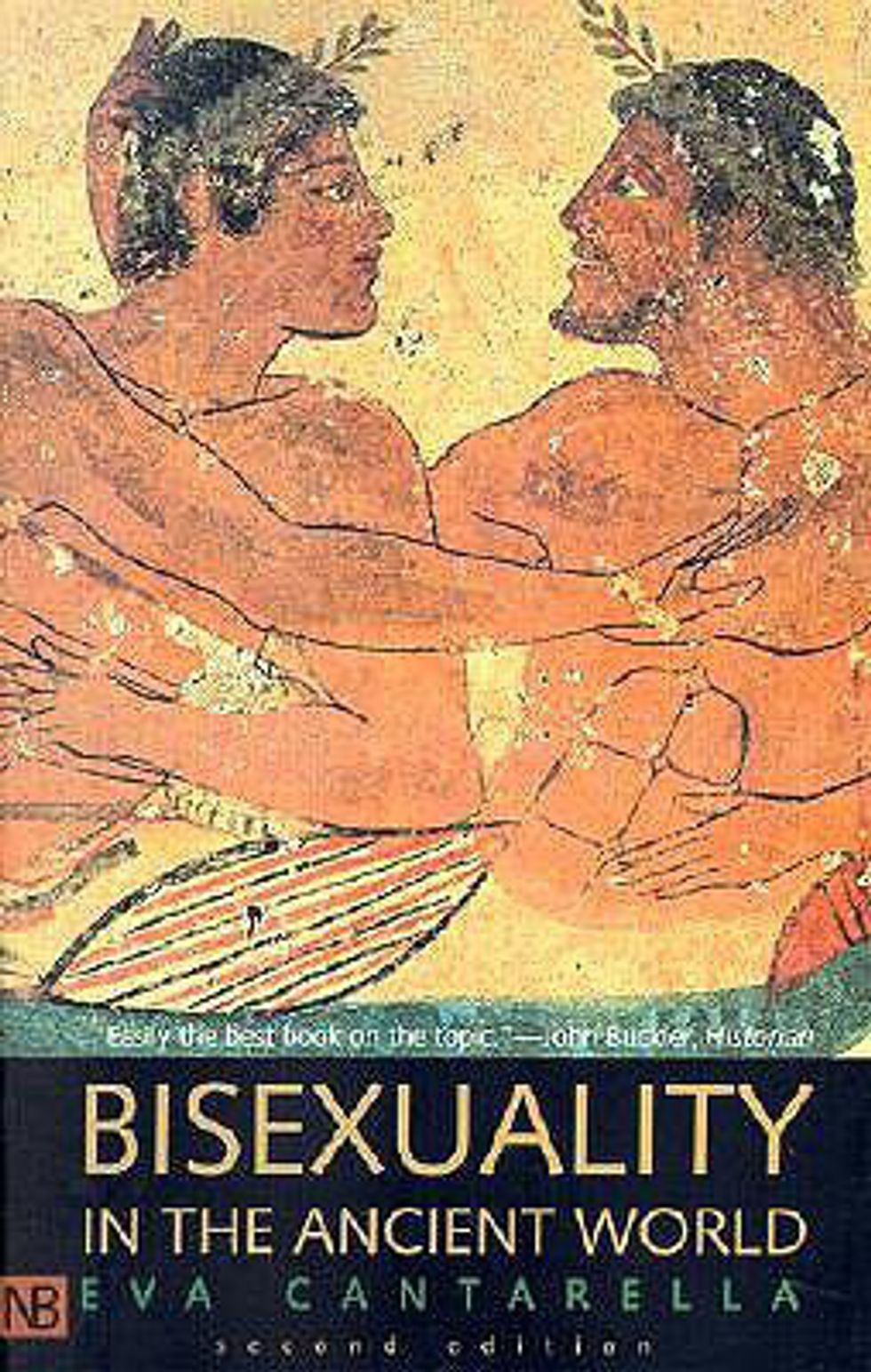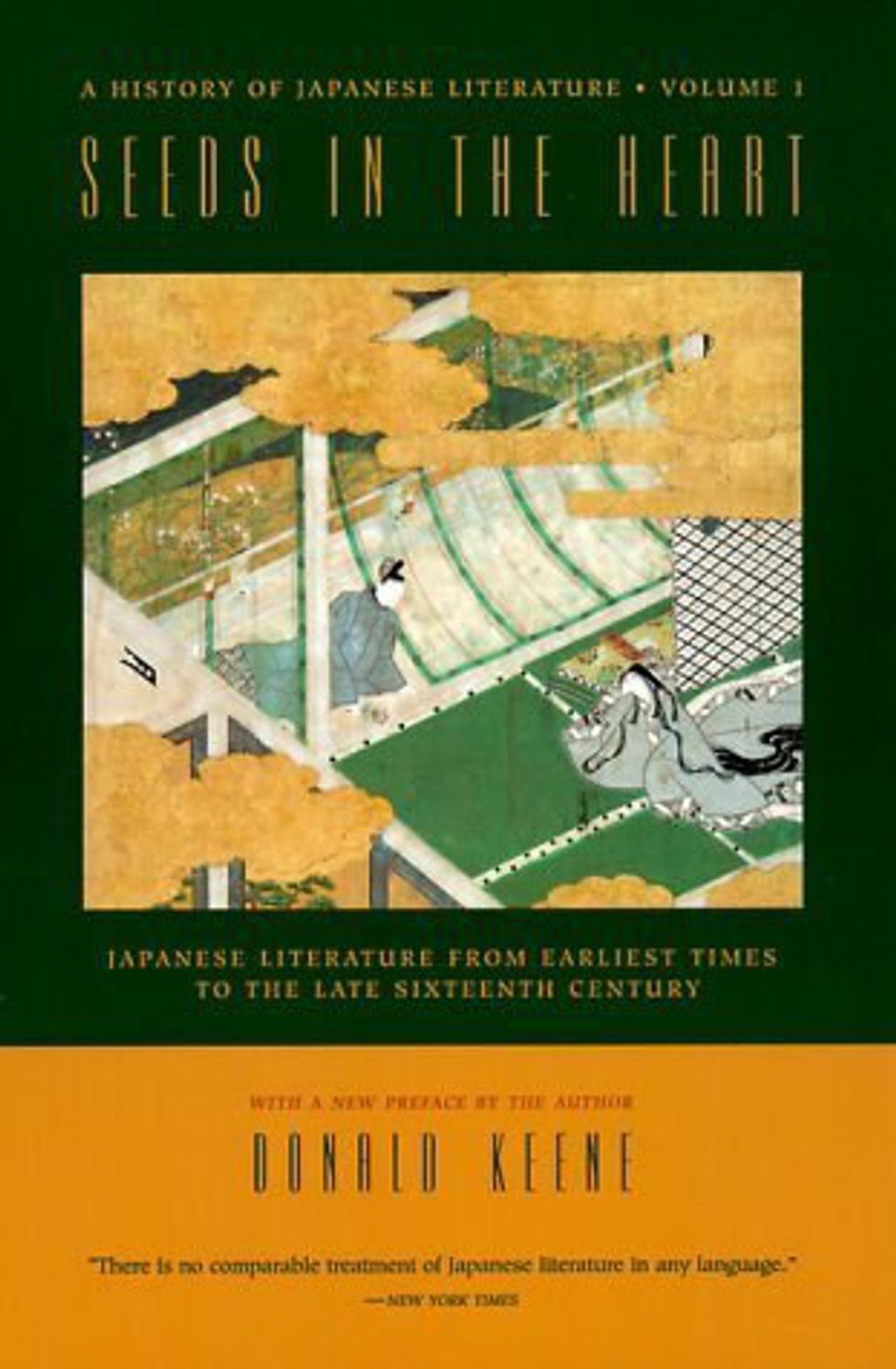If I were to ask you what comes to mind when I say "classic literature," few from very limited set of names would come to mind. Even if you don't have a background in literature, you're probably already thinking Shakespeare. You might think Dante or Homer. All the authors you read in high school and middle school. And I realized, not recently, that most of them are all men and of European descent at that. Fantastic works of literature that are written by women, are not misogynistic or heteronormative and were written by anyone that wasn't white have been either forgotten or are not taught because we live in a society that automatically deems everything white, straight and male as superior. I even tallied up the demographics of authors published in the Oxford World's Classics. World's Classics? Yeah, right. In that catalog, there are 325 male authors. And women? 46. A whopping 46. The catalog is also heavily skewed toward Western authors. There are 29 pages of European/Classic Literature and only one page of Eastern Literature.
I recently embarked on a mission to compile a new literary canon for myself. I'm still in the middle of doing research, but I've found a few that have been forgotten about, that should be taught in school. I'm here to share 12 with you so that those serious about literature know where to go when they realize their education has been largely monotonous and not at all representative of the history of literature.
1. "Vintage Hughes", Langston Hughes
This book is a collection of poems and stories that Langston Hughes wrote. As one of the most prominent writers of the Harlem Renaissance in the 1920s and 30s, his poems are visceral and heartbreaking. I recently finished this and I was left sitting in my chair silent for a few, long moments after I was done. Being a white woman, I needed to read this. I should have read it a long time ago. Hughes style is infused with the rhythm of jazz that you can hear in almost every poem. Here is a short poem called "Words Like Freedom," which is now one of my favorites:
There are words like Freedom
Sweet and wonderful to say.
On my heartstrings freedom sings
All day everyday.
There are words like Liberty
That almost make me cry.
If you had known what I know
You would know why.
The next time you're at the bookstore, definitely pick this up. You won't regret it.
2. "The Book of the City of Ladies", Christine de Pizan

This one I actually have not read, but Christine de Pizan is said to be the first professional female writer in Europe. Pizan lived in the late fourteenth to early fifteenth centuries. In this novel, she imagines a city made up of only women. This book is supposedly a response to a piece she read by a male author who went on a tirade about reason. The Goodreads description is wonderful: "They instruct her to build an allegorical city in which womankind can be defended against slander, its walls and towers constructed from examples of female achievement both from her own day and the past: ranging from warriors, inventors and scholars to prophetesses, artists and saints." Sounds like an amazing work of feminist literature, no?
3. "The Panchatantra", Visnu Sarma
This collection of fables is said to have been written/collected about 200BCE by Indian scholar Visnu Sarma. Everyone knows and has read "Aesop's Fables", which seems to be the Ancient Greek version of the "Panchatantra." Fables are supposed to impart to us some moral wisdom. As children, we read the Western version of fables in school or with family. Before doing research I hadn't even known that an Eastern collection of fables existed.
4. "Playing in the Dark: Whiteness and the Literary Imagination", Toni Morrison
Okay, so this one isn't fiction, nor was it written very long ago. You got me. It was published rather recently actually—in 1992. I put it on this list because of the description on the back: "Toni Morrison's brilliant discussions of the "Africanist" presence in the fiction of Poe, Melville, Cather and Hemingway leads to a dramatic reappraisal of the essential characteristics of our literary tradition." A slim volume at only 91 pages, it's a quick read, and worth it if you plan on enlarging your literary horizons. To read the aforementioned classics (among others) through the lens of Morrison's critique allows you to always have a wider perspective in mind when reading critically.
5. "The Left Hand of Darkness", Ursula K. Le Guin
Now, I love fantasy novels. While you may not read fantasy novels in any educational literature course, if you do read fantasy you're probably reading novels by men. Just now I've started to see an increase in attention toward fantasy series' written by women, but when one thinks of fantasy classics, we tend to always think of Tolkien, Lewis, Pratchett, etc. Ursula K. Le Guin deserves a spot up there with the big names. This was the first novel I've ever read by her and it's absolutely brilliant. A big part of the novel deals with the issues of gender and love. The protagonist of the story visits a planet that isn't his on a government mission, and has to try to reconcile the differences in culture that he encounters. It's absolutely gorgeous and I highly, highly recommend this, even if you don't like fantasy!
6. "If Not, Winter: Fragments of Sappho", Sappho. Tr. Anne Carson
Not much remains of Sappho's work, which is a real shame, but fragments of her poems still exist. Sappho was an ancient Greek woman who often wrote about her love for other woman. She is translated here by the wonderful Anne Carson, who does translations of a wide variety of Greek literature. Ancient Greek lesbians—need I say more?
7. "Surpassing The Love of Men: Romantic Friendship and Love from the Renaissance to the Present", Lillian Faderman
This is another nonfiction one and also recently published (1981), but it deserves a place here because it chronicles love between women all the way back to the sixteenth century. (Honorable mention for Emma Donoghue's Inseparable here, as well.)
8. "Written on the Body", Jeanette Winterson
I read this one in one sitting, if I remember correctly. Maybe two. "Written on the Body" is so beautifully written that it's hard to put down. Told in first person, the narrator is never named or gendered, but it chronicles their deep and passionate love for a woman who's married to someone else. This is often read as a lesbian classic, so even though it was only published in 1992, I'm going to put it in here.
9. "Emanations of Grace: Mystical Poems by A'ishah al-Bacuniyah", Th. Emil Homerin
A'ishah al-Bacuniyah is known as a great female scholar of Islamic history. This volume of her poetry is concerned with the mystic and, according to Goodreads, challenges "many Western stereotypes of Islam by presenting the thoughts, feelings and concerns of an educated Muslim woman." I think we might all benefit from a little education in this area.
10. "Bisexuality in the Ancient World", Eva Cantarella
In the LGBTQA+ area, bisexuality is often given either no recognition at all or a very poorly disguised derision. When I found out this book existed, I was ecstatic. One often hears about homosexuality between men in Ancient Greece, but this book is a collection of not only literature, but legal and medical texts as well. I haven't read this one yet, but excited to dive into it. (Also, to everyone who thinks not being straight is a "new thing:" ha!)
11. "Seeds in the Heart: Japanese Literature from Earliest Times to the Late Sixteenth Century", Donald Keene
Part of a three-volume collection of Japanese classics, this volume collects the earliest ones in a single place. I believe texts in this one start around the ninth century.
12. "Their Eyes Were Watching God", Zora Neale Hurston
I'm going to end on this one for multiple reasons. Even though I read it in school and probably a lot of other people have, too, I just want to remind everyone that this novel exists. "Their Eyes Were Watching God" is probably one of the most beautifully written novels I have ever read and I don't think it gets enough recognition. I want everybody to read and love this book. So even though you've probably already read it/heard about it—go read it again! And again and again.
So that's it. This list is by no means comprehensive or even official. It's just a collection of novels I've found that I think deserve a recognition usually assigned to male European authors. I haven't read all of them, but I have read a good many of them. As an English Literature student, I find that my education has not been diverse enough and it's a problem that doesn't seem like it's going to be resolved any time soon in classes.
If I left it up to only my professors and word-of-mouth to tell me what to read next, I'd never branch out completely and be left with a very narrow view of the world. So I did some research, and these are just a few that I found that I'm most excited about.




